
Essays
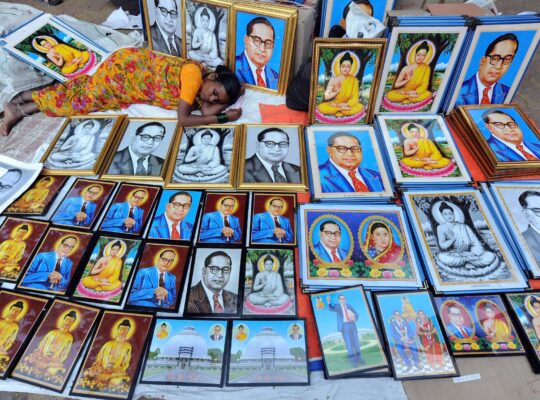
Caste, Democracy and Buddhism
Bhimrao Ambedkar helped write the Indian Constitution, campaigned against caste oppression, and remains a household name for many in the country. His democratic vision combined the pragmatist ideas of the American philosopher John Dewey with his novel Navayana or “new vehicle” form of Buddhism.
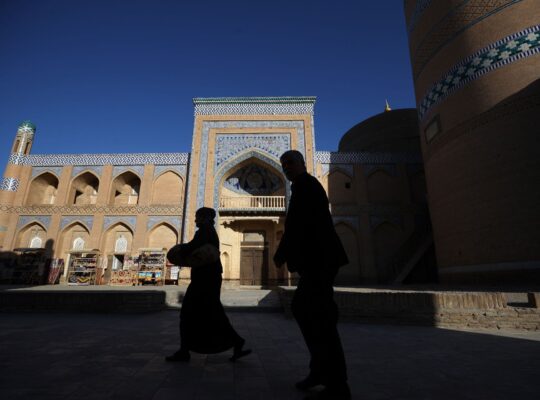
The Scholar and the Sultan
The career of the 11th-century Muslim polymath Abu Rayhan al-Biruni was shaped by the turbulent politics of medieval Central Asia. Yet his life at the mercy of his court patrons and their conflicts gave him the chance to pursue a remarkable career of empirical, open-minded scholarship.
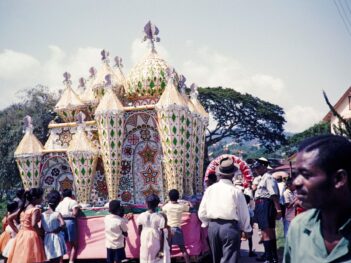
How the Cultures of Trinidad Transformed an Islamic Festival
The Shiite Islamic ritual of Muharram came to Trinidad with Indian indentured workers in the 19th century, attracting the participation of the island’s African population and becoming truly creolized, transforming into Hosay. Its story of suppression and survival is a vital record of Trinidadian culture.
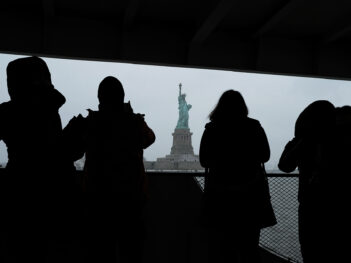
How Defining ‘Refugees’ Shapes the Lives of Millions
The approach of the U.S. to those who seek asylum within its borders has changed over time, its definitions and rules reshaped by ideologies from racial hierarchy to Cold War anticommunism — with major legal consequences for those affected as well as significant influence on how Americans perceive and welcome them.
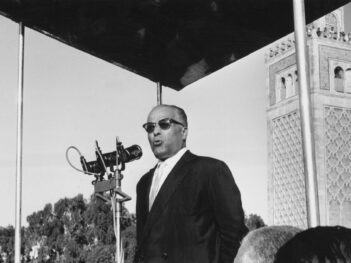
How a Scandalous Glass of Orange Juice Helped To Reshape Tunisian Politics
In 1962, Tunisian President Habib Bourguiba drank a glass of orange juice live on television during daytime in Ramadan. His call to break the fast to pull the nation out of “poverty and backwardness” backfired, opening the door to a new kind of political opposition.
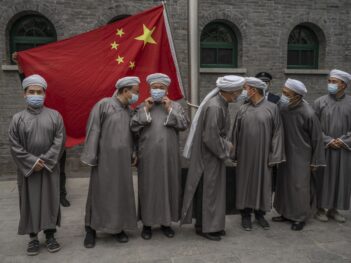
How Hui Muslims Waged Holy War for China in World War II
The anti-Japanese resistance is perhaps the most formative episode in Chinese national memory. Hui Muslim participation in it was grounded in philosophies of coexistence, survival and social harmony that went back centuries and helped solidify the enduring Hui presence in China.

How an 18th-Century Shipwreck Changed France’s Conversation About Race
The story of the enslaved Malagasy abandoned by French sailors following the wreck of L’Utile reveals the deep-seated racism prevalent in 18th-century French society. The subsequent outcry, both from the public and from prominent intellectuals, marked a turning point in views of slavery in France.
